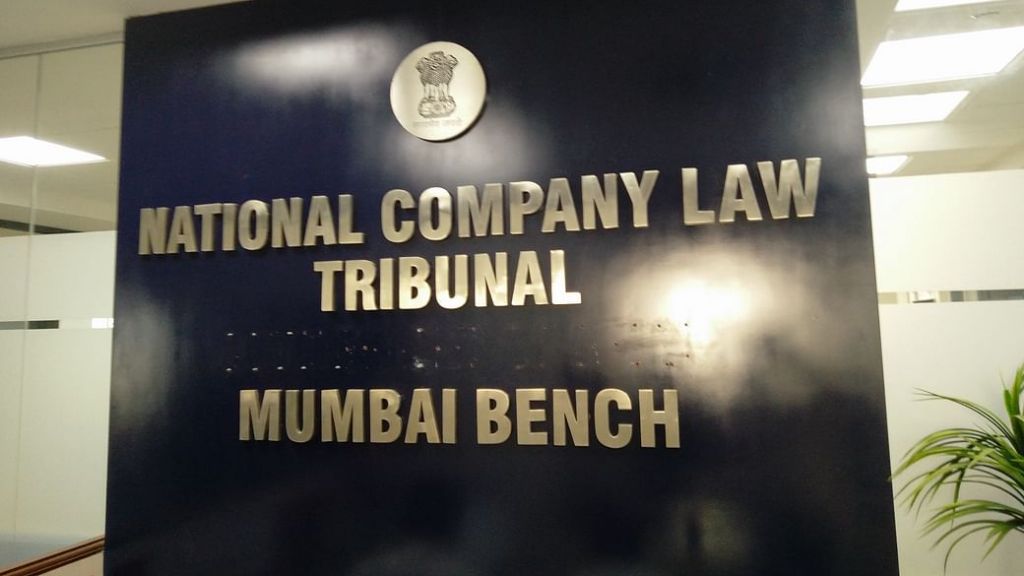
Mumbai: The National Company Law Tribunal (NCLT) has rejected a plea filed by Andheri-based Enviro Home Solutions Private Limited, which sought to initiate a corporate insolvency proceedings against Santacruz-based firm, Max Publicity and Communication Private Limited.
The tribunal, in its order, highlighted a potentially larger scam involving multiple entities, including Suumaya Industries, Veda Multicorp LLP, and various vendors, related to alleged fraudulent Corporate Social Responsibility (CSR) transactions.
The NCLT observed that the case pointed to a “much bigger scam” that requires a thorough investigation by authorities such as the Registrar of Companies (ROC), Income Tax Department, Economic Offences Wing (EOW), and Serious Fraud Investigation Office (SFIO).
The case revolves around transactions tied to an alleged fraudulent CSR scheme. Max Publicity, the corporate debtor, had entered into agreements with Veda Multicorp LLP and Suumaya Industries. According to the case details, these agreements allegedly facilitated sham transactions using forged bills and invoices.
The petitioner, Enviro Home Solutions claimed that, in its petition had claimed that, it had entered into a contract with Max Publicity for supplying goods, supported by a LoI and purchase order in August 2021.
“Tax invoices amounting to ₹14.45 crore were issued, and goods were delivered, with repeated assurances of payment by the corporate debtor. However, Despite multiple reminders, payments were not made, and a dispute was raised by Max Publicity in January 2022, questioning the validity of the transactions.”
Meanwhile the Corporate Debtor, Max Publicity contested the claims, arguing that the transporter, SD Freight Carrier, did not exist at the address mentioned on the lorry receipts. “The alleged delivery warehouse was a vacant plot, and Veda’s office was non-existent at the stated location. There was no actual supply of goods, and the transactions were allegedly fabricated.”
The 20 paged order copy reads, “Max Publicity issued a Letter of Intent (LoI) on August 11, 2021, and a purchase order on August 13, 2021, for goods from Enviro Home Solutions. The goods were allegedly sold to Veda Multicorp LLP as part of a tripartite agreement signed on December 24, 2021. Further the payments were made to Max Publicity until December 2021. However, when payments from Veda ceased, Max Publicity reversed the entire sales transaction amounting to ₹387.67 crore and ₹14.45 crore on March 31, 2022”
However the tribunal questioned why Max Publicity did not return the payments received if the sales were reversed, suggesting its involvement in fraudulent activities. The tribunal ruled that Max Publicity was also applicable towards the legal principle of “in pari delicto” (equal fault).
The petitioner, Enviro Home Solutions claimed that, in its petition had claimed that, it had entered into a contract with Max Publicity for supplying goods, supported by a LoI and purchase order in August 2021.
“Tax invoices amounting to ₹14.45 crore were issued, and goods were delivered, with repeated assurances of payment by the corporate debtor. However, Despite multiple reminders, payments were not made, and a dispute was raised by Max Publicity in January 2022, questioning the validity of the transactions.”
Meanwhile the Corporate Debtor, Max Publicity contested the claims, arguing that the transporter, SD Freight Carrier, did not exist at the address mentioned on the lorry receipts. “The alleged delivery warehouse was a vacant plot, and Veda’s office was non-existent at the stated location. There was no actual supply of goods, and the transactions were allegedly fabricated.”
NCLT in its orders had declined to initiate insolvency proceedings and instead emphasized the need to uncover the larger conspiracy. It directed regulatory and investigative authorities to “Investigate the alleged sham transactions involving Suumaya Industries, Veda Multicorp LLP, Max Publicity, and other vendors. Probe the fraudulent CSR obligations and the role of all parties involved and later examine the claims of forged invoices and non-existent facilities used in the transactions.”